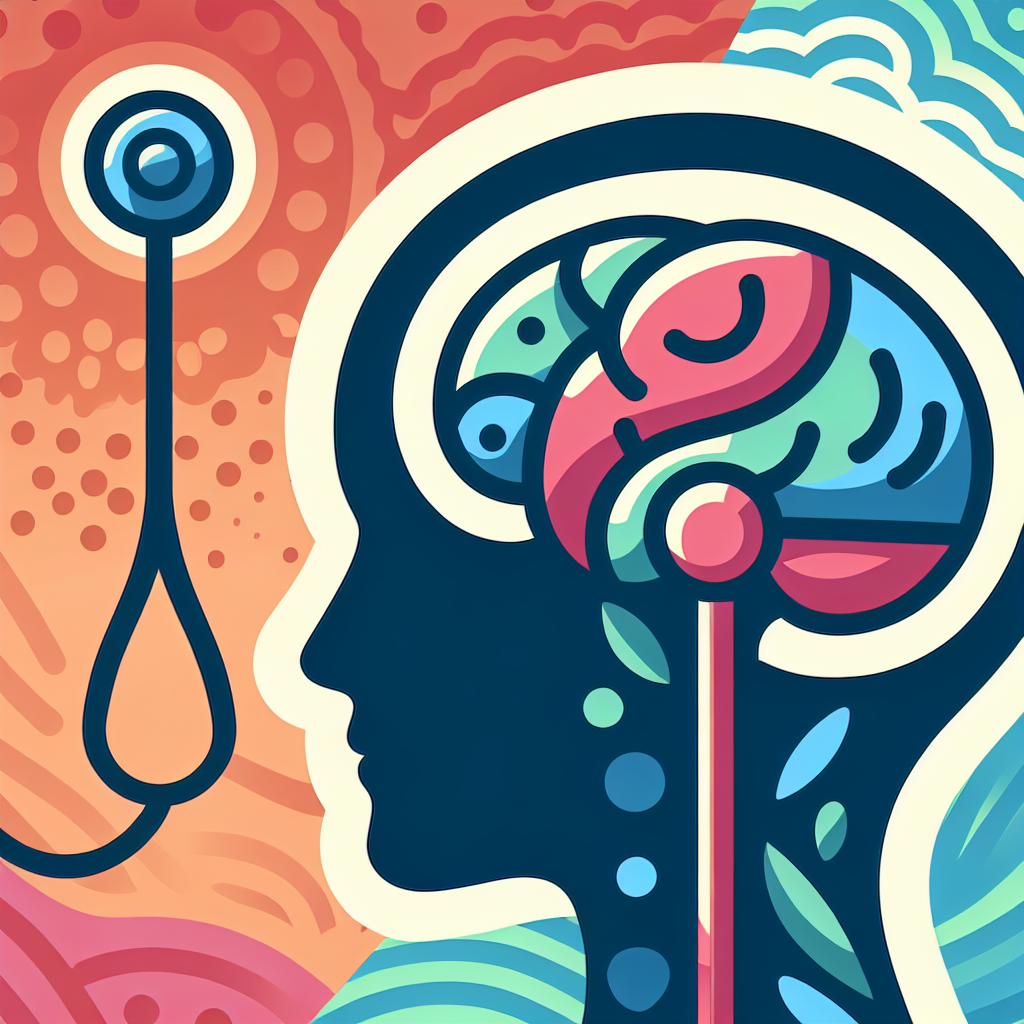
Managing the Vagus Nerve: A Key to Improved Mental Health in Public Health
Stress appears to be an ever-present factor that influences our lives, affecting both our mental and physical well-being. Recent insights into the vagus nerve present promising opportunities for managing stress and improving mental health, aligning with sentiments expressed in public health narratives. BBC News highlights that training this vital nerve might provide individuals with a peaceful respite, particularly within the context of a frenetic lifestyle.
The Vital Role of the Vagus Nerve
Known as the primary component of the parasympathetic nervous system, the vagus nerve plays a pivotal role in regulating heart rhythms, digestive functions, and other vital bodily processes. By stimulating this nerve, it is possible to invoke a relaxation response, reducing anxiety and depression symptoms. Given the increasing health challenges reported globally, such techniques offer a non-invasive method to enhance individual resilience against stress-induced ailments.
Understanding Vagal Tone
A person’s “vagal tone” is an indicator of how effectively the vagus nerve is functioning. Higher vagal tone is associated with better stress management, improved social interactions, and a general feeling of well-being. Individuals with high vagal tone are likely to recover more quickly from stress, whereas low vagal tone might correlate with mental health issues. The BBC article highlights how consistent training of the vagus nerve could significantly bolster one’s vagal tone, leading to substantial health benefits.
Implications for Public Health
Incorporating vagus nerve stimulation techniques into public health strategies could help tackle some predominant mental health issues. Strategies such as deep breathing exercises, meditation, and yoga are accessible methods with measurable effects on improving vagal tone. Public health systems could benefit from promoting these practices to help alleviate the mental health crisis exacerbated by the ongoing pandemic and sociopolitical stressors.
Public Health Policies and Vagus Nerve Training
Integrating training programs that focus on the vagus nerve into community health initiatives offers a practical approach to mental health maintenance. Education on maintaining good vagal tone can contribute to more comprehensive healthcare strategies, potentially reducing reliance on pharmacological interventions.
Case Studies and Research Evidence
Scientific studies have substantiated the physiological benefits of vagus nerve stimulation, relating strong vagal tone to improved heart health, enhanced emotional regulation, and reduced symptoms of PTSD and anxiety. The BBC article explores these themes, suggesting that training one’s vagal function could lead to a more robust mental health infrastructure and improved public well-being.
- Studies on the effects of mindfulness and breathing exercises suggest significant improvements in stress resilience among participants.
- Research within clinical populations has associated high vagal tone with decreased incidence of mental health disorders.
Conclusion: A Path Forward
Given the mounting mental health challenges globally, leveraging natural, physiological pathways, such as the vagus nerve’s capabilities, could represent a transformative shift toward more holistic public health policies. Encouraging communities to engage with well-researched breathing and meditation practices may foster environments that promote mental tranquility and public health improvement.
For further reading on how these techniques could be applied more widely in public health initiatives and their implementation success, visit the BBC Health website here.



